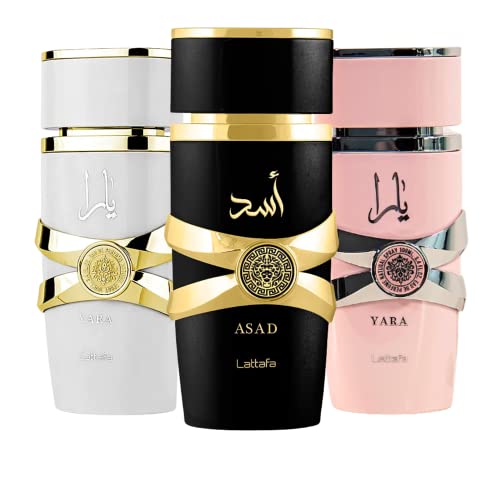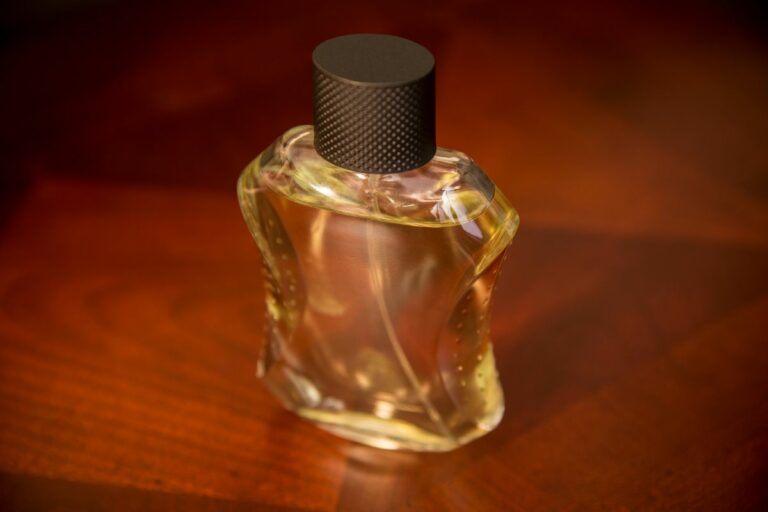Can Waitresses Wear Perfume?

Tipping is a cultural norm, and clients may tip more or less depending on the quality of service they’ve received. Naturally, waitresses who smell good are more likely to get tipped, but can they wear perfume to work?
In general, yes, waitresses can wear perfume when working, but the answer can differ from restaurant to restaurant. Some prohibit their staff from wearing perfume, others don’t. So if you’re unsure about wearing perfume, you should always consult with your management before doing it.
If you’re a waitress and are interested in learning more about wearing perfume to work, we recommend you read this article. We will cover everything from whether you should or shouldn’t wear perfume, to recommending you some of the best fragrance options.
In this article..
Why Waitresses Can Wear Perfume
Waitresses can wear perfume because there aren’t any regulations concerning it. However, The Safe Quality Food (SQF) Program by The Food Industry Association (FMI) has a couple of points regarding the clothing of restaurant staff that could be interpreted as prohibiting wearing perfume:
“12.3.3.1 Clothing worn by staff shall be maintained, stored, laundered and worn so as not to present a contamination risk to product.
12.3.3.2 Clothing worn by staff engaged in handling food shall be maintained, stored, laundered and worn so as not to present a contamination risk to products.”
Perfume sticks to clothing, and you could make an argument that it can theoretically present a contamination risk to products that are being served by a restaurant. It’s because perfume consists of small chemical particles, and they can stick to food.
That being said, even if you’re working at an SQF-certified restaurant, it’s unlikely that you’re going to be prohibited from wearing perfume because of those guidelines. However, you’re likely to be prohibited from wearing perfume because it could influence the clients’ experience at the restaurant.
Pros and Cons of Wearing Perfume as a Waitress
That’s where we come to the pros and cons of wearing perfume as a waitress. Let’s start with the disadvantages, and the major one is that your perfume could influence the flavor of the food that you serve. It’s because flavor consists of both, taste and smell, and the lingering scent of your perfume could have an impact on that.
Another disadvantage of wearing perfume to work as a waitress is that it could offend the clients. There’s always a risk of causing an allergic reaction, migraine, or even an asthma attack, and you definitely don’t want to do that, especially if you work at a high-end place.
Additionally, if you’re working at a high-end restaurant, your clientele most likely has high standards for the experience they’re about to have when dining. Your perfume could very well influence their experience, and God forbid, influence it negatively.
However, it could also have a positive effect on their experience, and that’s the main advantage of wearing perfume to work as a waitress. If you smell good, your clients will enjoy their dining more, it’s simple as that.
To minimize the chance of negative risks and maximize the chance of positive effects, you should wear perfume that’s not overwhelming and preferably smells fresh, which is usually thanks to citrusy notes.
Recommended Perfumes for Waitresses
Knowing that we can recommend 2 perfumes that are some of the best choices if you’re a waitress who wants to wear perfume:
This perfume was created in 1973 by a group of famous perfumers, including Jacqueline Couturier, Jean-Louis Sieuzac, and Gerard Pelpel. It features a complex, yet soft and elegant scent with base notes of oakmoss, vetiver, patchouli, civet, musk, and sandalwood.
The top notes that will first reach your clients are coriander, aldehydes, angelica, bergamot, and orange blossom, while the middle ones are rose, geranium, violet root, iris, ylang-ylang, lily, and jasmine.
You can buy a 100 ml (3.3 Fl. Oz) bottle for around $55.
If you’re looking for something that’s slightly cheaper, but still delivers on everything it has to, then this perfume by Italian legend Nino Cerruti is the one you should consider.
Launched in 1995 and made in France, Cerruti 1881 features top notes of mimosa, iris, rose, freesia, violet, lily-of-the-valley, jasmine, and bergamot, which are substituted by middle notes of chamomile, iris, narcissus, geranium, galbanum, coriander, jasmine, Brazilian rosewood, orange blossom, and tuberose.
Finally, the essence of every perfume, base notes, are musk, sandalwood, cedar, amber, and vanilla.
You can buy a 100 ml (3.3 Fl. Oz) bottle for around $36.
We didn’t forget waiters, and for them, we recommend this French fragrance first launched in 1989. It offers a manly yet slightly eccentric scent with base notes of vanilla, tonka bean, sandalwood, patchouli, honey, tobacco, and vetiver.
The middle notes of cinnamon, heliotrope, jasmine, cardamom and lily-of-the-valley perfectly follow the top notes of orange blossom, mandarin orange, bergamot, and Amalfi lemon.
You can buy a 200 ml (5.7 Fl. Oz) bottle for around $31, or choose a 75ml (2.5 Fl. Oz.) bottle for around $25.
Frequently Asked Questions (FAQ)
(Q): Can Chefs Wear Perfume?
(A): Most chefs, especially those working at high-end restaurants, are not wearing perfume. It’s because the last thing they’re thinking when working is if they smell nice. In such high-stress settings, perfume simply doesn’t matter, especially when it could hinder their sense of smell which directly plays into how well they can prepare the dishes.
(Q): How to Choose the Right Perfume?
(A): If you’re a waitress, we recommend choosing the lightest scents you can. Wearing perfume in such a position is simply too risky, and it doesn’t offer that high of a reward in return. That’s why choosing the least offensive scents is always the best.
Final Words
Whether you can wear perfume or not depends on the restaurant you’re working at, and you should always consult your management before doing it. If you’re allowed to wear one, make sure it’s the least offensive scent you can find, so it impacts your clients’ dining experience as little as possible.









